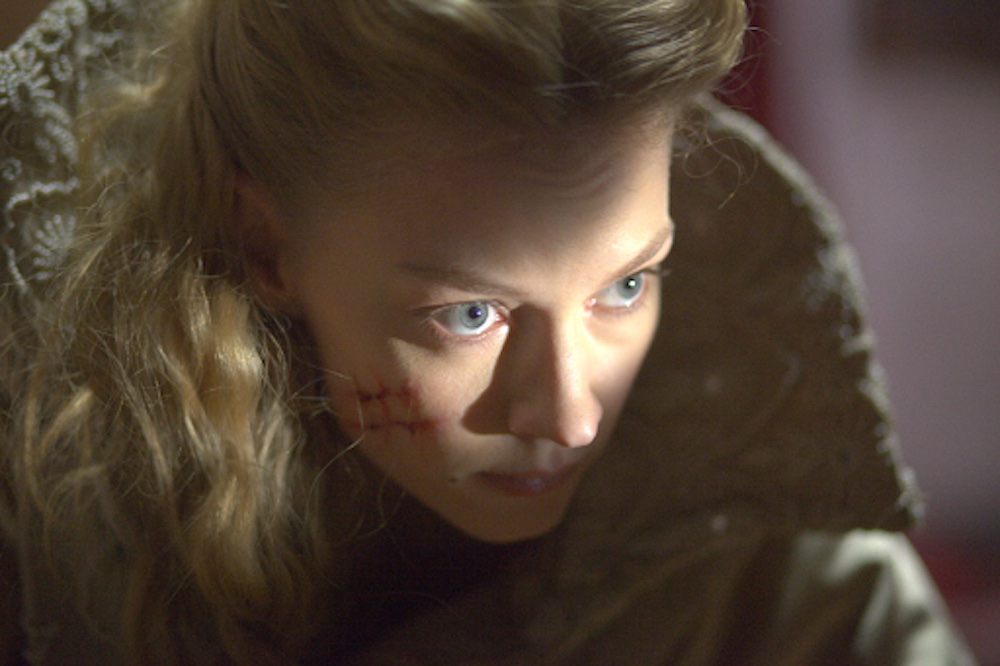
Unveiling the Dark Genius: Andrei Konst and His Award-Winning Film “The Blood Queen”
Svetlana Khodchenkova appears in The Blood Queen by Andrei Konst. Courtesy of Glacier Films / Photo by Toni Salabasev
In the realm of cinema, few directors possess the uncanny ability to transport audiences to the depths of the human psyche and explore the darkest corners of history. One such luminary is the award-winning director Andrei Konst, whose feature film “The Blood Queen” has been described as a haunting journey into the twisted tale of Countess Bathory, a notorious serial killer from 16th century Transylvania. With a captivating narrative that delves into the macabre and a unique storytelling style, Konst’s “The Blood Queen” stands as a masterpiece that mesmerizes and terrifies in equal measure.
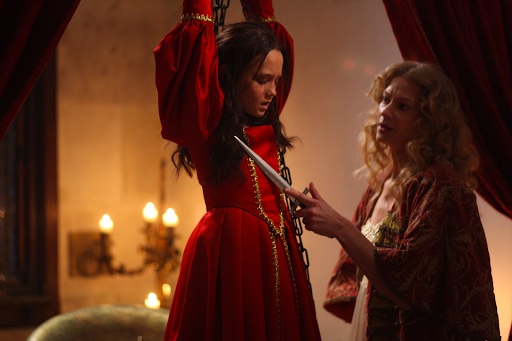
Isabelle Allen and Svetlana Khodchenkova appear in The Blood Queen by Andrei Konst. Courtesy of Glacier Films / Photo by Toni Salabasev
Drawing inspiration from the horrifying real-life account of Countess Elizabeth Bathory, who is believed to have committed unspeakable acts against countless victims, including children, Konst’s film transports audiences back to a time when terror lurked behind the walls of a castle inhabited by famous royalty. The story of “The Blood Queen” revolves around the lives of two young siblings, Misha and Aletta, who find themselves ensnared in a treacherous web of darkness as they desperately strive to rescue their missing older sister from the clutches of the bloodthirsty Countess.
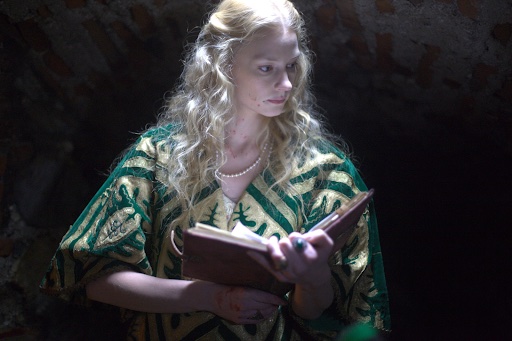
Svetlana Khodchenkova in The Blood Queen by Andrei Konst. Courtesy of Glacier Films / Photo by Toni Salabasev
The film not only serves as a gripping historical horror tale but also dives deep into the psychological torment experienced by those who live under the shadow of a remorseless killer. Konst’s ability to blend historical accuracy with artistic interpretation is a testament to his prowess as a director. He masterfully navigates the intricate balance between spine-chilling suspense and the emotional struggles of his characters, creating a tapestry of human experiences that resonate with the audience.
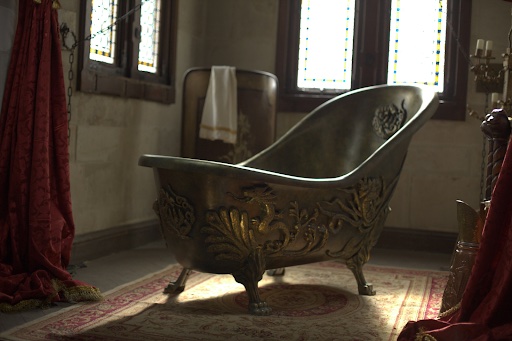
Still from The Blood Queen by Andrei Konst. Courtesy of Glacier Films / Photo by Toni Salabasev
One of the remarkable aspects of Konst’s directorial style in “The Blood Queen” is his expert use of atmosphere and visual storytelling. Through meticulous attention to detail in set design, costuming, and cinematography, he transports viewers to a bygone era, immersing them in the opulence of the castle while juxtaposing it with the horrors that unfold within its walls. The play of light and shadow, accompanied by a haunting musical score, intensifies the sense of unease, leaving the audience on the edge of their seats throughout the film’s duration.
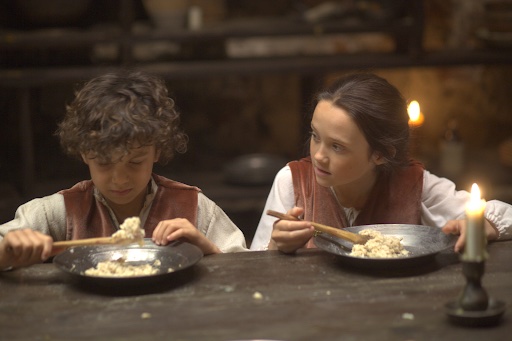
Lucas Bond and Isabelle Allen in The Blood Queen by Andrei Konst. Courtesy of Glacier Films / Photo by Toni Salabasev
Konst’s adeptness in extracting powerful performances from his cast further elevates “The Blood Queen.” The young actors portraying Misha and Aletta deliver performances that are both raw and deeply moving, capturing the desperation and determination of siblings bound by blood and an unwavering bond. Meanwhile, the portrayal of Countess Bathory by a seasoned actress lends an eerie authenticity to the character’s malevolent nature, making her a truly unforgettable antagonist.
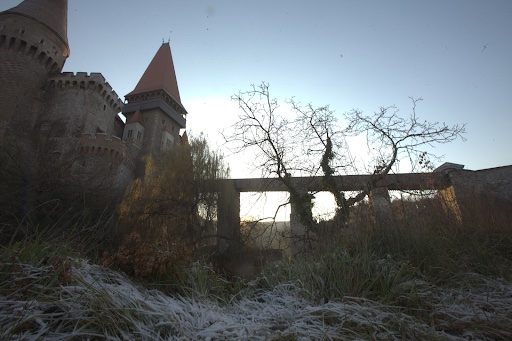
Still from The Blood Queen by Andrei Konst. Courtesy of Glacier Films / Photo by Toni Salabesev
The impact of “The Blood Queen” extends beyond its cinematic excellence; it has garnered considerable acclaim, earning recognition and a wide theatrical release in the former Soviet Union and a cult following elsewhere. Konst’s visionary direction and the film’s impeccable execution have earned it praise not only for its mastery of horror but also for its thought-provoking exploration of human nature, morality, and the darkness that resides within.
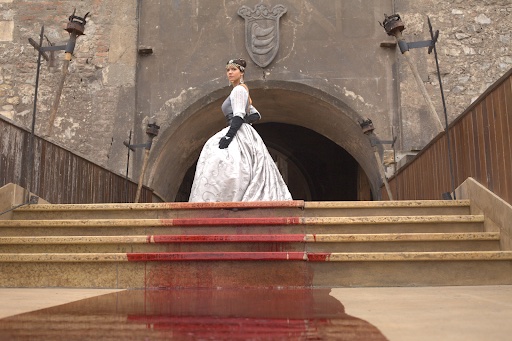
Ada Condeescu in The Blood Queen by Andrei Konst. Courtesy of Glacier Films / Photo by Toni Salabasev
In a cinematic landscape often dominated by formulaic plots and predictable narratives, Konst’s “The Blood Queen” emerges as a beacon of originality and audacity. With its chilling portrayal of history’s monsters and the indomitable spirit of those who dare to challenge them, the film leaves an indelible mark on the horror genre. As audiences continue to be captivated by its grip, “The Blood Queen” solidifies Konst’s position as a director who fearlessly ventures into uncharted territory, redefining what it means to tell a truly haunting and unforgettable story on the silver screen.
The Blood Queen is available on Amazon and free with ads on Freevee.







